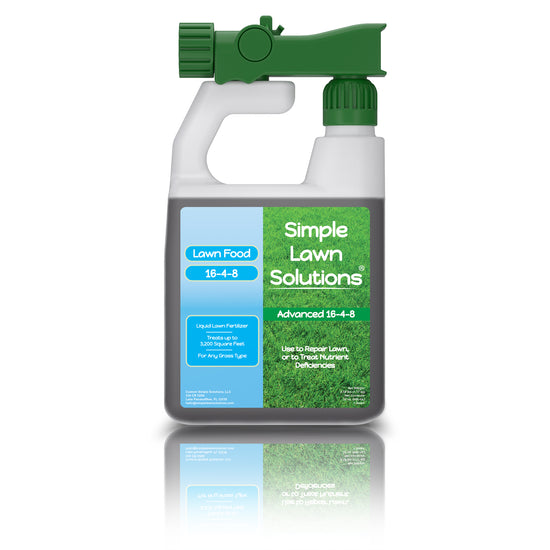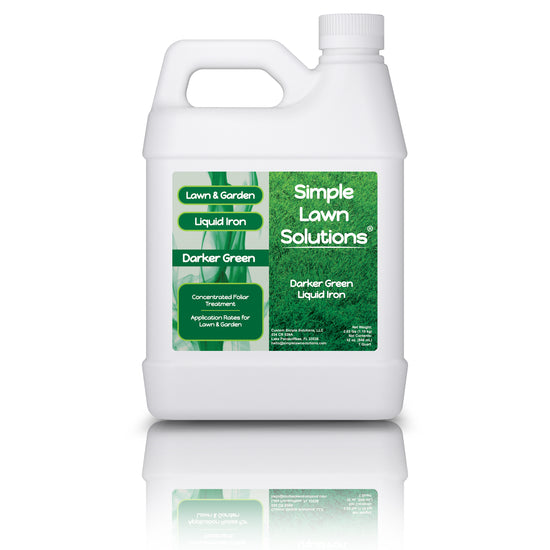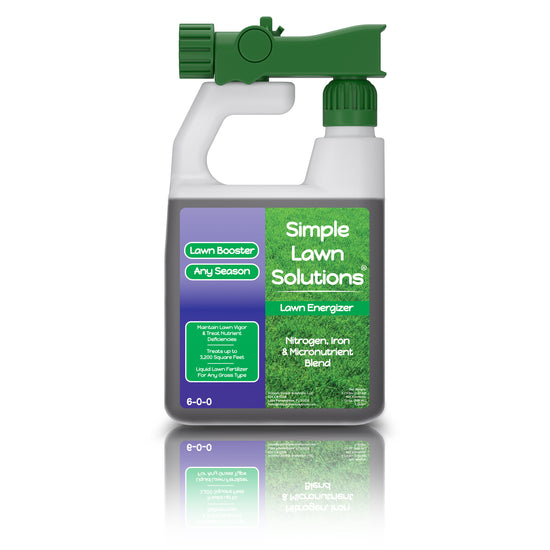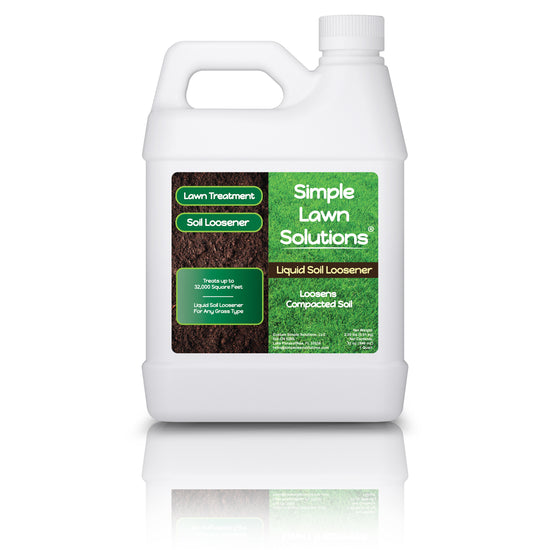A quality soil care regimen is essential for providing your lawn or garden the nutrients it needs to thrive year after year. Soil problems are often overlooked when a lawn or garden starts to suffer. However, by taking the initiative to determine the problem and learning how to fix it, you can save yourself a headache and a more significant issue down the road.
Keeping your lawn and garden thriving for years to come can take a little bit of trial and error in the beginning, but it will set you and your yard up for success in the years to come.
The Dirt on Quality Soil Care
Did you know that many lawn problems originate from the soil itself?
Lawn care doesn’t just start with the grass. It also involves making sure your soil or the foundation of any good yard is in good condition to allow grass to grow without issue. So, how do you know if your grass issues are originating from your soil?
What Kind of Soil Do I Have?
All soil contains a mixture of sand, silt, clay particles, and organic matter. Depending on where you live in the U.S., yours will include more or less of each. How can you determine what kind of soil you have in the first place?
First, rub your soil sample between your hands. If it feels slippery when wet, it’s likely heavy clay. If it has a grittier consistency, it’s likely more silt-based.
As a general rule, heavy clay takes longer to dry out and takes longer to drain; therefore, silty soil is preferred. However, changing the texture of your soil is possible but can take an extremely long time.
To gain even more insight into your soil, we recommend sending off soil samples to a reputable soil lab for further testing.
Throughout your lawn care journey, you’ll find that there are quite a few ways that inadequate soil care can derail a great lawn or garden. We’ve zeroed in on four common soil problems and what you can do to remedy them, including liquid lawn care regimens, ultimately bringing your lawn back to life.

Four Soil Problems That Can Kill Your Lawn:
- Compacted soil
- Imbalanced pH levels
- Dry soil
- The soil lacks organic matter
If Your Soil is Compacted
Compacted lawn soil is most common with clay-based soil. Clay soil can often become easily compacted, which doesn’t allow grass to receive water, oxygen, or the nutrients it needs to survive or thrive.
Compacted soil is one of the leading causes of an unhealthy lawn. So, how do you fix this? Two words: lawn aeration.
Generally, aeration is performed by a lawn care professional by punching numerous holes in a yard and removing cores of soil, allowing moisture, nutrients, and oxygen to penetrate the depths of the soil.
If Your Soil’s pH Levels are Off
Your soil’s pH level is essential for both the growth of grass and crops. If your soil is too extreme on either end of the spectrum, too acidic, or too alkaline, plants and vegetables have a hard time thriving. Different nutrients can become less available to the plant if the pH is too high or too low. Most lawn grasses grow best in soil with a pH of 6-7 but nice lawns can be achieved in soils with a pH of 5-8.
If Your Soil Is Too Acidic:
Soil pH levels below seven are considered acidic. Often, areas that get a large amount of rainfall or poor drainage find themselves to have a more acidic pH. Although some garden vegetables and fruits don’t mind acidic soil, it’s a good idea to balance the pH. Lime can be applied to your lawn to encourage the pH to increase.
If Your Soil Is Too Alkaline:
A pH above seven is considered alkaline and is common in arid climates and within areas with an abundance of clay soil. It is recommended that you apply elemental sulfur or iron sulfate products to balance out the alkalinity.
If Your Soil is too Dry:
Sandier soils tend to dry out faster than clay soils, which can make a significant impact on gardens and newly-planted grass. If your yard is wilting or has a lot of brown spots, it likely needs more moisture. The ideal time for watering your lawn or garden is in the early morning, so the moisture soaks into the soil completely by nightfall, discouraging fungus growth.
If Your Soil Lacks Organic Matter
Gardens need more soil care than your yard because to grow fruits and vegetables you know and love so much; your soil needs a team of micronutrients specifically designed to help your crops grow without harmful fillers.
By adding a liquid lawn care product like our micronutrient formula, you’re adding manganese, zinc, iron, magnesium, and sulfur to your soil.
Introducing micronutrients into your soil care routine creates an ideal environment for not only your grass but also the fruits and vegetables that you feed your friends and family, as well!









